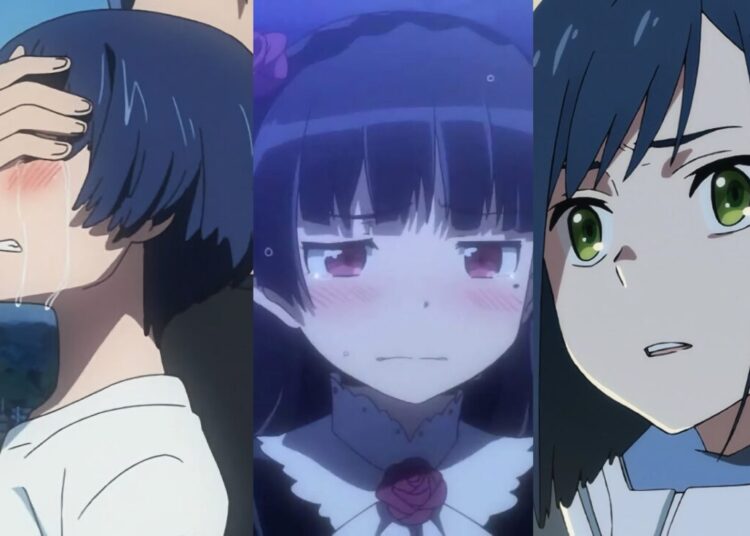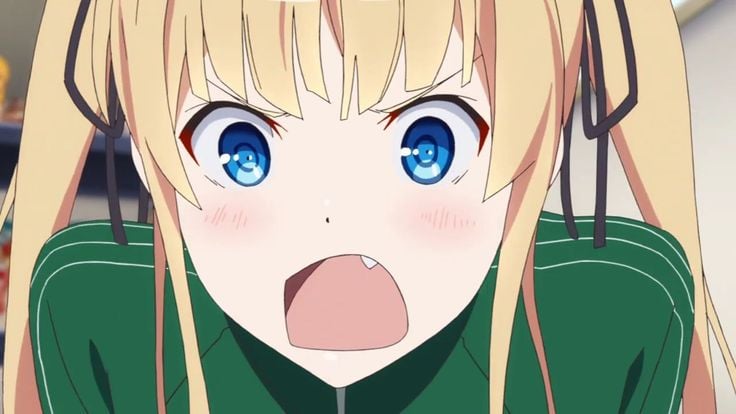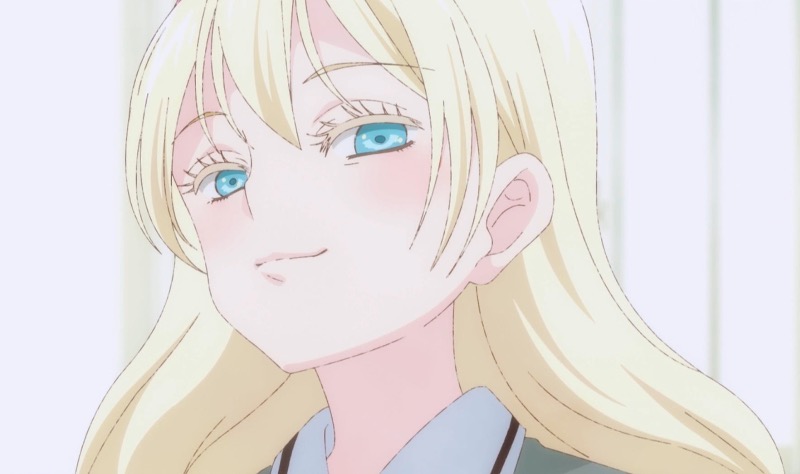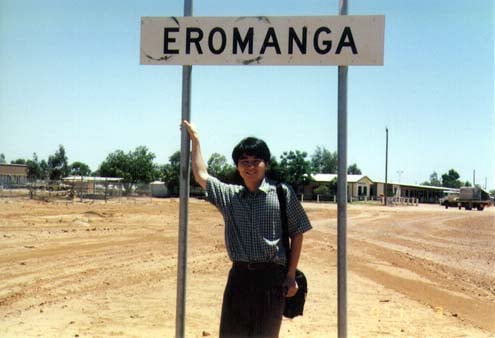One of my favorite Japanese words is matsuri meaning festival, which in Japan is an excuse to wear traditional yukata, eat delicious foods and basically have a great time. Matsuri celebrations are generally a regional thing, with each area holding unique events according to local traditions. Some of the more famous festivals include the Nebuta Festival in Aomori, marked with extravagant floats, the 1100 year old Gion Matsuri in Kyoto, which started out as a purification ritual to appease the gods and protect the land from earthquakes and fires, and the infamous Kanamara Matsuri in Chiba, the Festival of the Steel Phallus, a fertility celebration of…something. There’s also Tanabata, a festival based on a Chinese folk tale about two lovers named Hikoboshi and Orihime (the stars Vega and Altair) who are separated by the “River of Heaven” (the Milky Way) and can only be together one day a year. The joy foreigners feel when going to their first Japanese festival is accurately captured in the currently running anime AnoNatsu (Waiting in that Summer), when Ichika — who is about as much a gaijin as you can get, being an alien and all — falls in love with everything she sees there.
Fun fact: the kanji for matsuri (祭) means “funeral” in Chinese, and they wonder what the hell is wrong with Japanese people, dancing around and celebrating such a sad event.

Foreigners (and aliens) love Japanese festivals.















